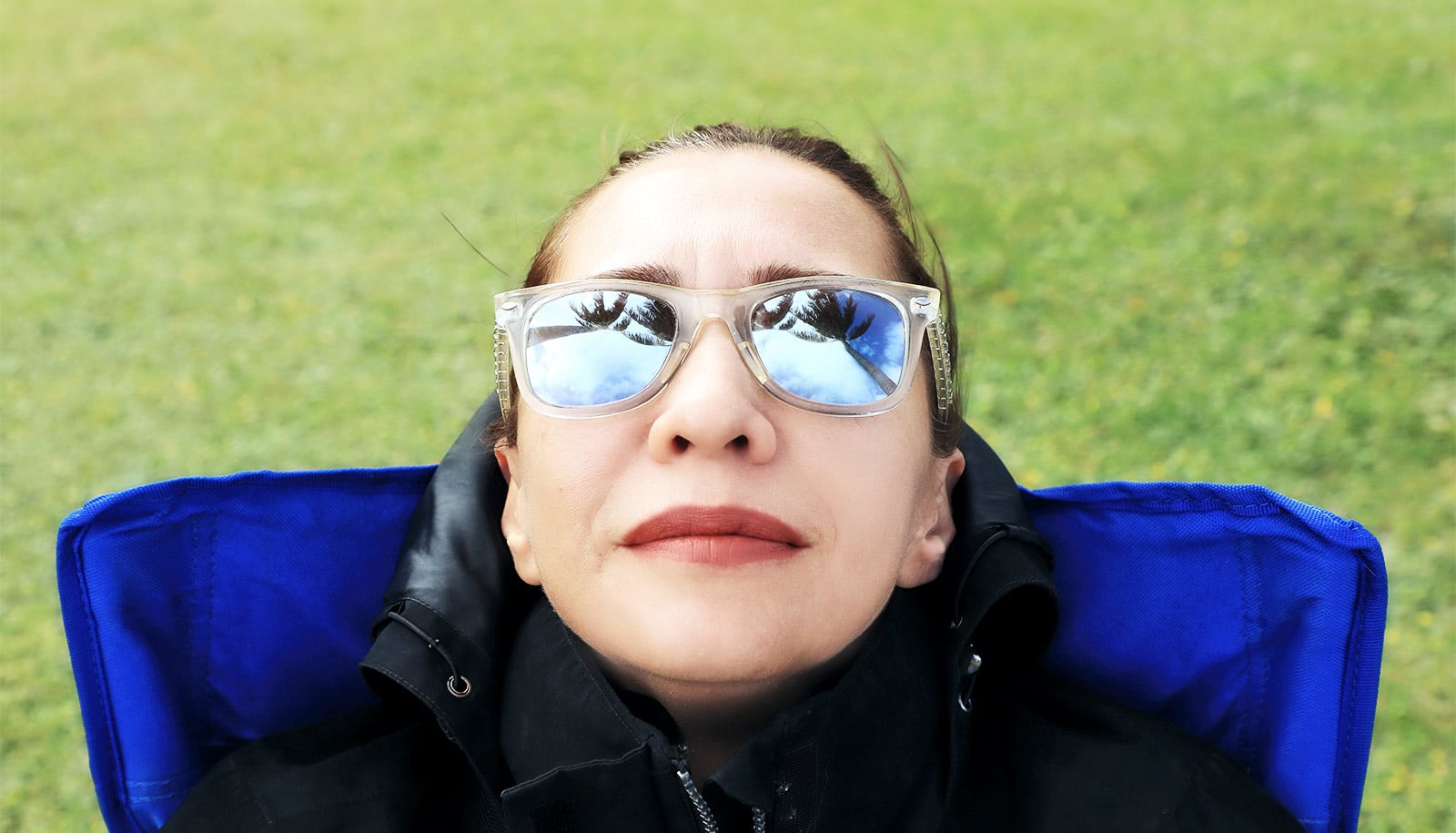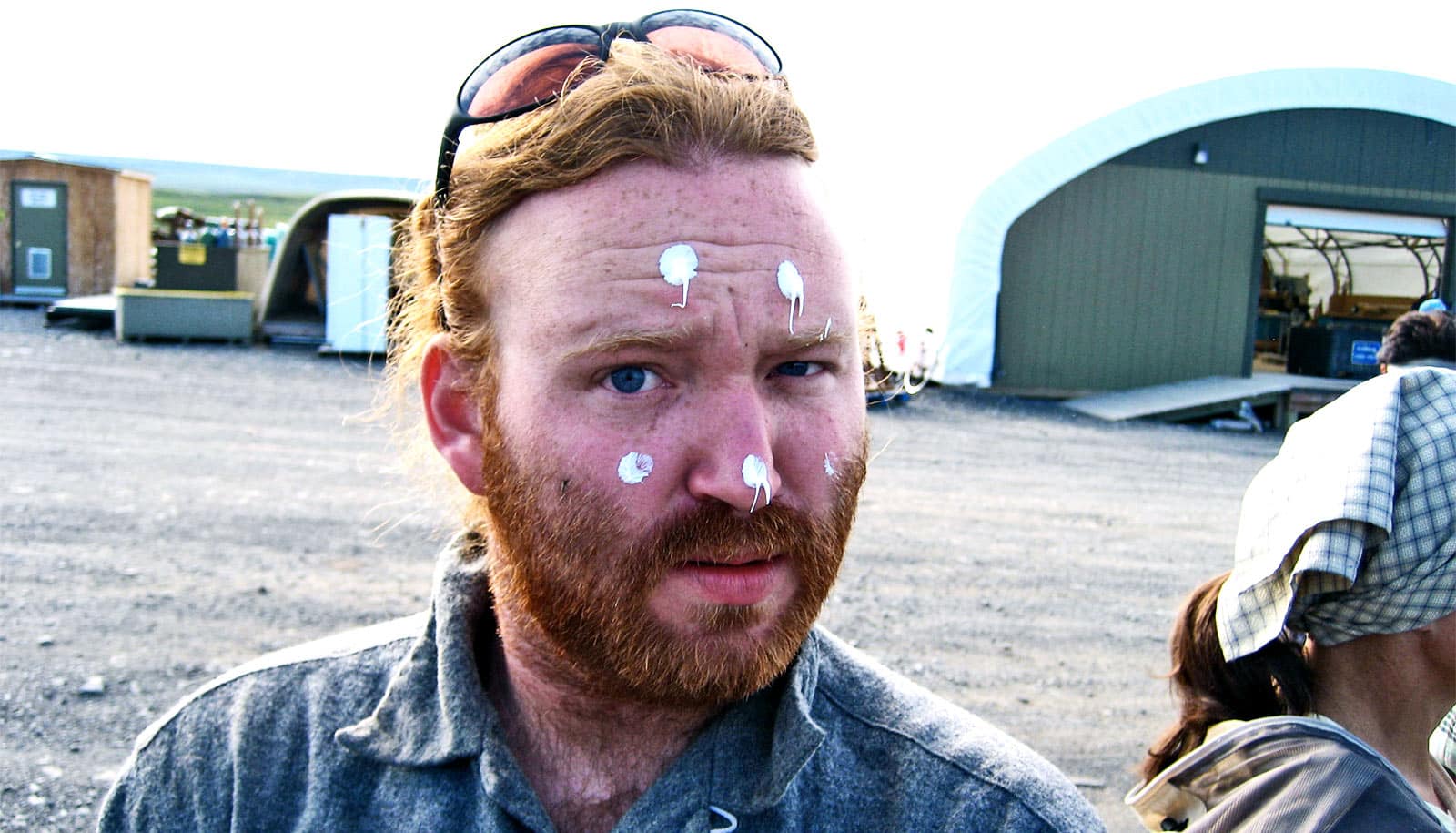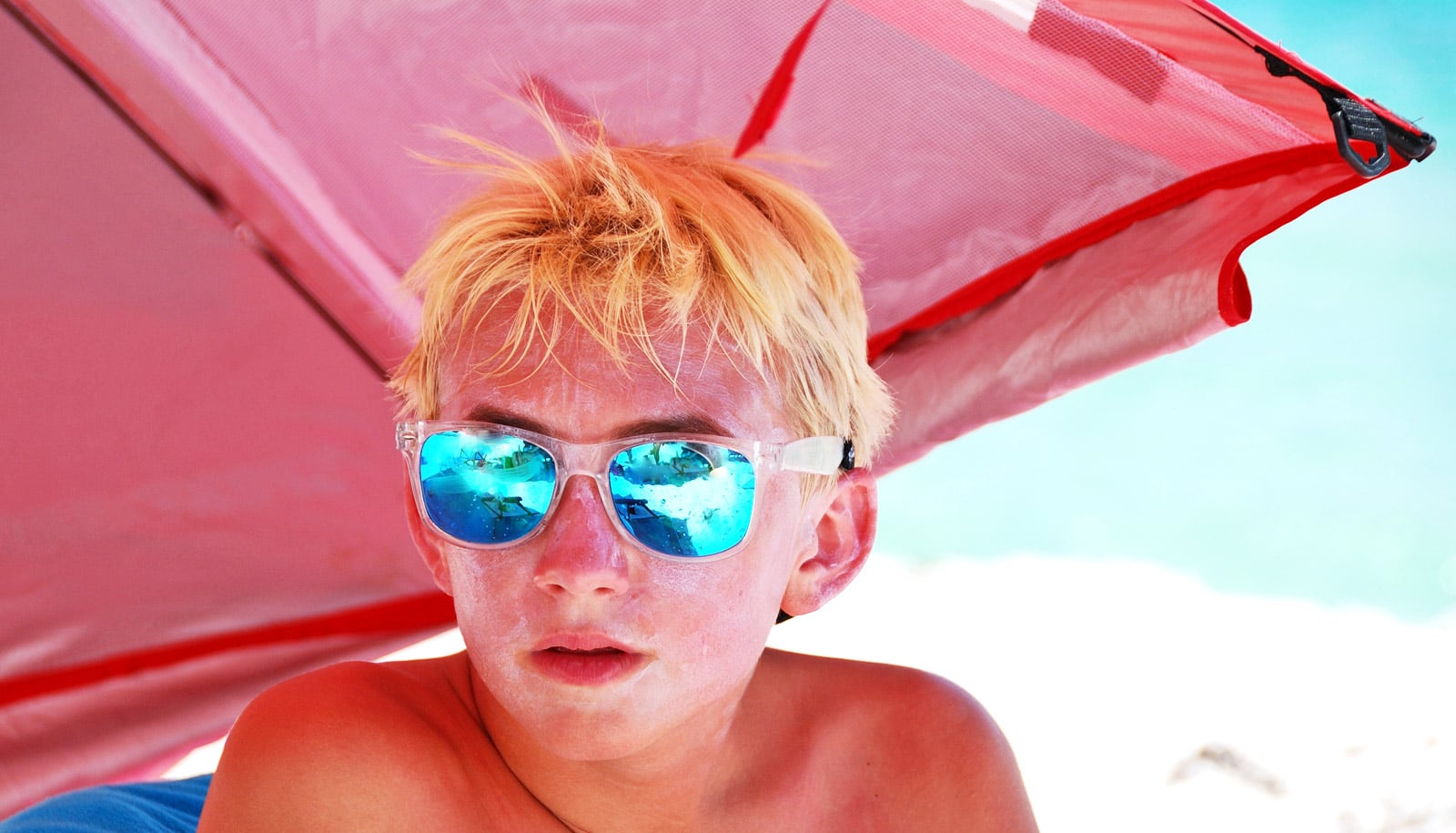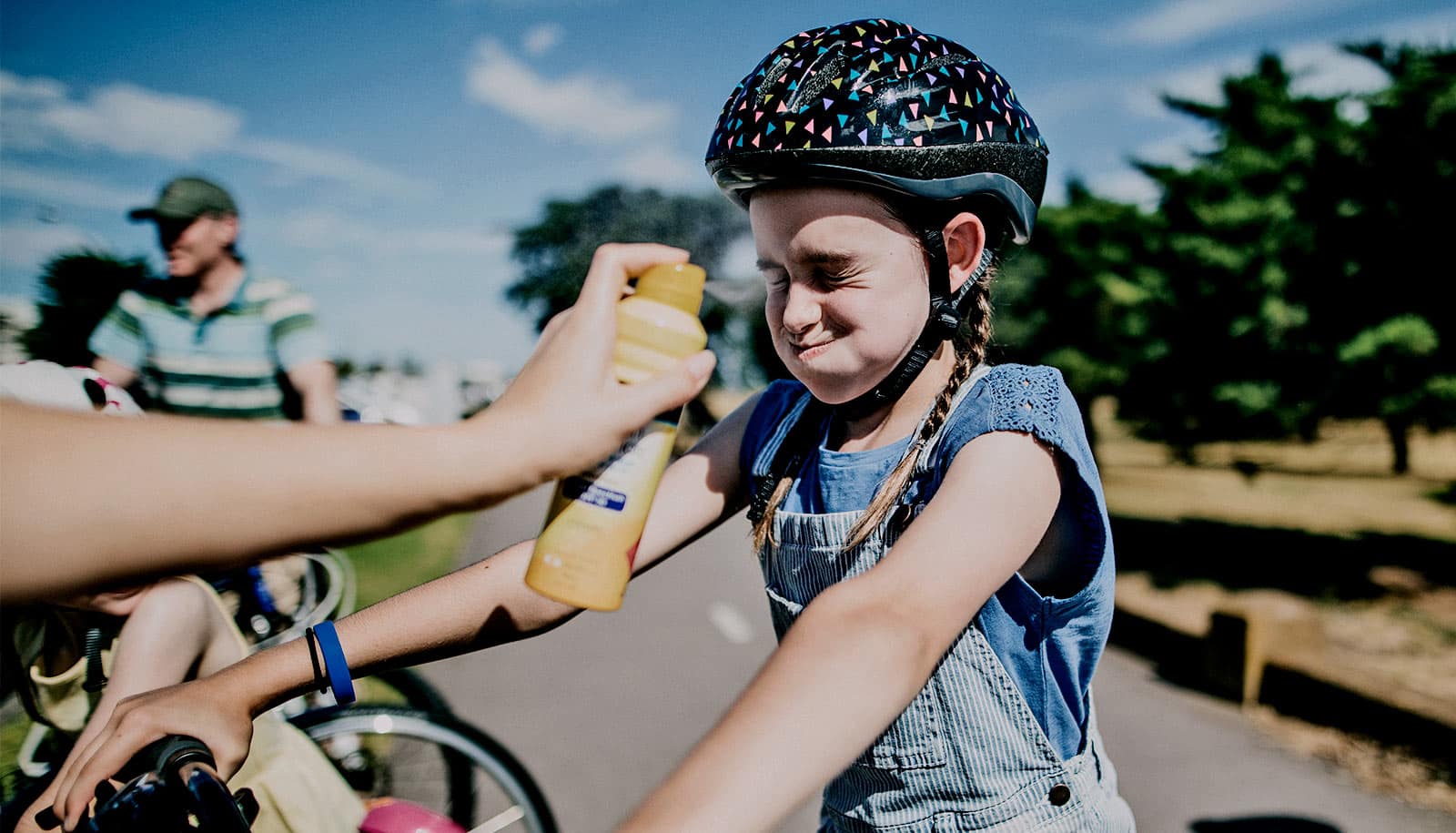Genetic variations in the skin can create a natural sunscreen, according to new research on the genes linked with vitamin D.
This was one of a number of ways vitamin D affected the body in the new study, which looked at the genomes of more than half a million people from the United Kingdom, says John McGrath, a professor in the University of Queensland’s Queensland Brain Institute.
“This study has implicated several new skin-related genes that impact on our vitamin D status—distinct from skin color, which affects our ability to make vitamin D depending on the concentration of the pigment melanin in the skin,” McGrath says.
“Vitamin D is the sunshine hormone and we need bright sunshine on the skin to make it, but variations in our genes also influence how efficient we are at doing that.
“Our findings suggest that genetic variants in the HAL (histidine ammonia-lyase) gene can vary the concentration of a small molecule in the skin which acts like an internal Sun Protection Factor (SPF) from sunscreen.
This molecule soaks up UVB light—the light our bodies use to make vitamin D—and the amount of it in our skin influences how much of the vitamin we can make.
The team found 143 gene locations linked to vitamin D concentration, says Naomi Wray, a professor from the Institute for Molecular Bioscience and Queensland Brain Institute.
“Previously we only knew about six regions, so these findings will provide new insights into how our body handles vitamin D,” Wray says. “The study has found many interesting new candidates that can help our understanding of factors that influence vitamin D concentration.
“Our findings are a treasure trove of clues which will keep researchers busy for a long time.”
The study supports the hypothesis that low vitamin D may be the consequence of poor health, rather than contributing to the risk.
This study appears in Nature Communications.
Funding for the work came from the NHMRC and the Danish National Research Foundation (Niels Bohr Professorship). McGrath has a joint position at Aarhus University in Denmark and the University of Queensland.
Source: University of Queensland



